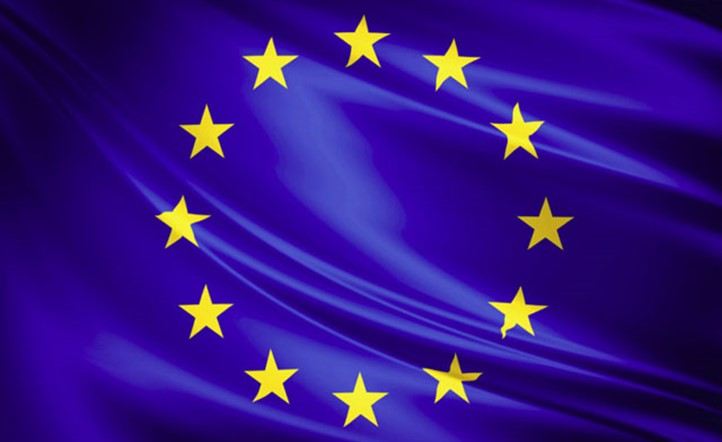Towards better prevention of medicine shortages in the EU

EMA has published a guidance for patients’ and healthcare professionals’ organisations with key principles and examples of good practices to support them in preventing and managing shortages of human medicines.
Medicine shortages and reduced availability of medicines represent an increasing issue across the EU and the globe, and it has been amplified by the COVID-19 pandemic. It may have a significant impact on patient care by causing medicine rationing and delay of critical treatments. Due to medicine shortages, patients may need to use less effective alternatives and they could risk using medication incorrectly.
The causes of shortages can include manufacturing problems leading to delays or interruption in the production, shortages of raw materials, increased demand of medicines, distribution problems, labour disruptions, and natural disasters.
Patients and healthcare professionals are the main actors at the end of the supply chain, therefore their activities in preventing shortages are usually limited to managing the demand for medicines at risk of shortages. The EMA guidance also looks at measures that help to improve preparedness, planning and rationed use for medicines that are either in short supply or expected to be so in the near future.
Some of the key recommendations included in the EMA guidance apply only to patients’ organisations, some only to healthcare professionals’ organisations, and some to both. For example, both types of organisations are encouraged to:
- develop observatories in collaboration with national authorities to collect and analyse information from patients and healthcare professionals on shortages and their early signs;
- work with national authorities on criteria and ways to develop registries of essential and critical medicines;
- set up campaigns across the EU to raise awareness of shortages, where to find information on ongoing shortages, risks of stockpiling and safe use of alternative medicines.
The key recommendations have been prepared based on consultations with member organisations of the EMA Patients’ and Consumers’ Working Party (PCWP) and Healthcare Professionals’ Working Party (HCPWP). They draw on existing practices and initiatives in individual EU Member States where the recommendations have been implemented often in isolation, some of which are described in the annex of the guidance.
The full set of guidelines can be consulted in the good practice guidance, but also in an infosheet developed by EMA for patients and healthcare professionals.
A collection of info-cards presents what patients can do when it comes to shortages of medicines.
